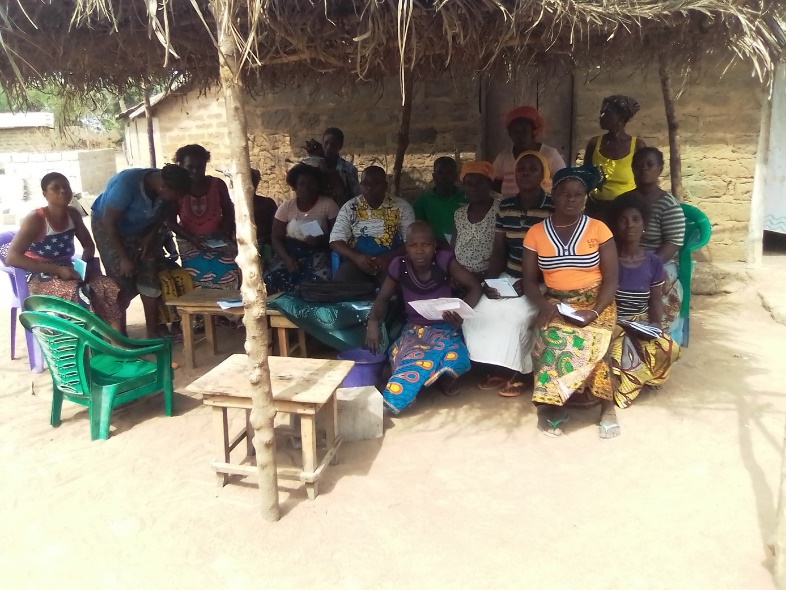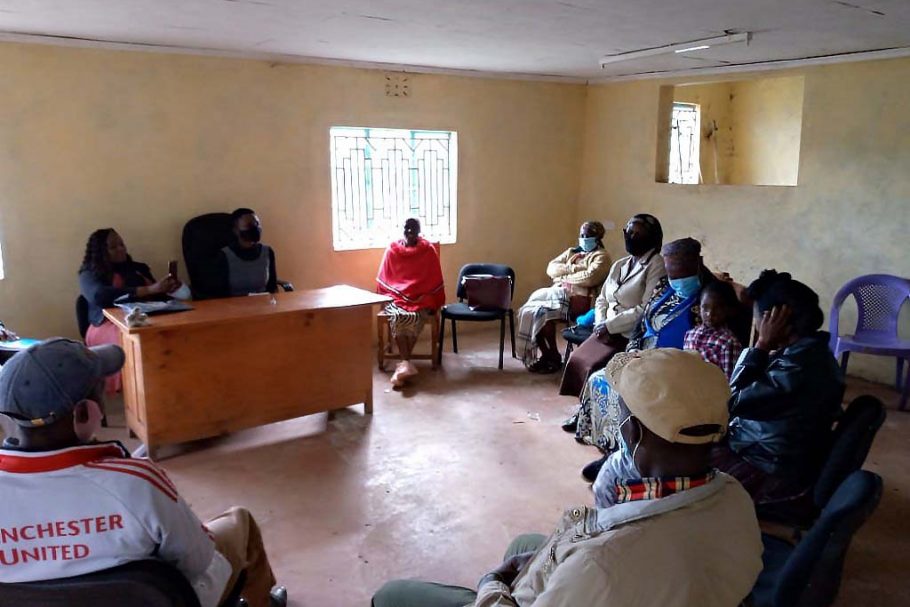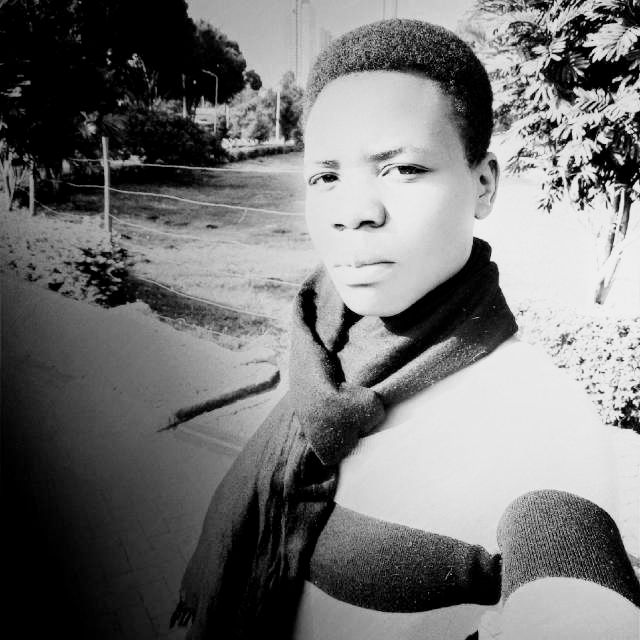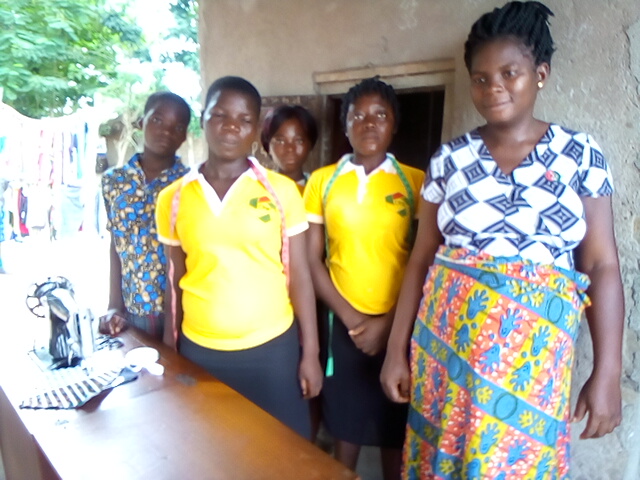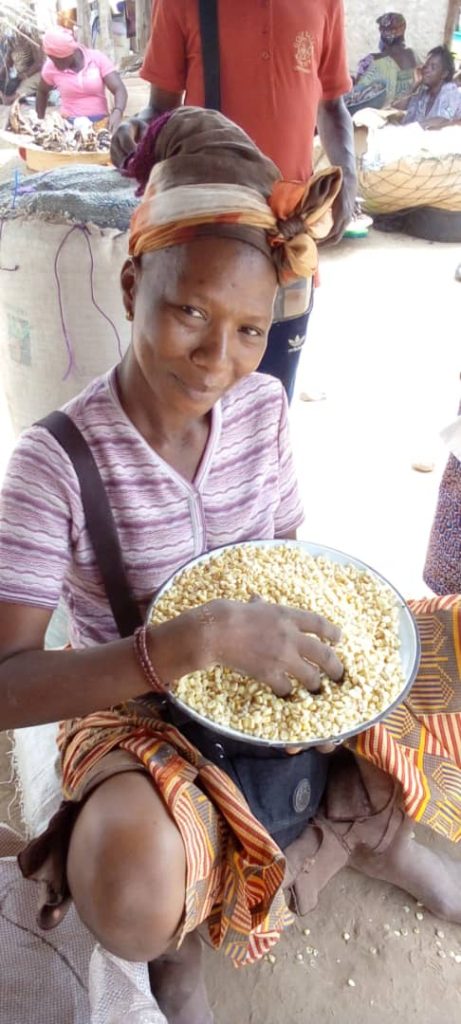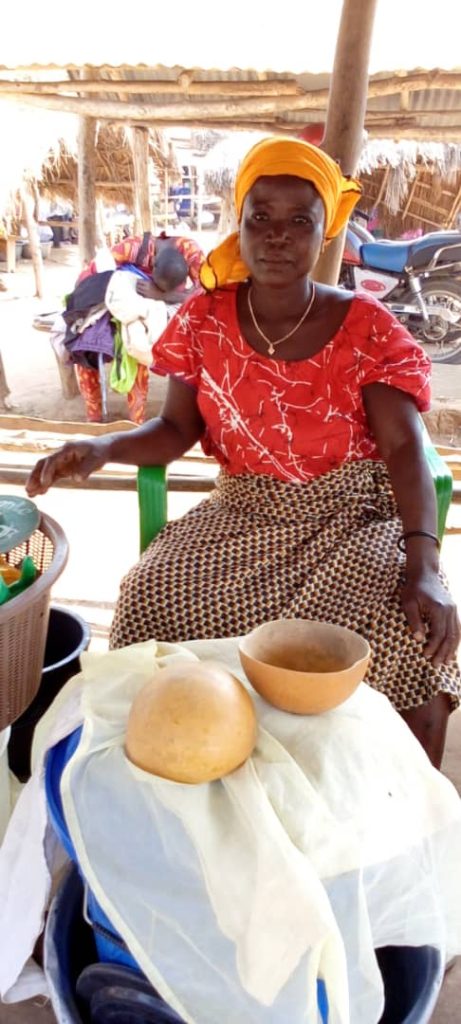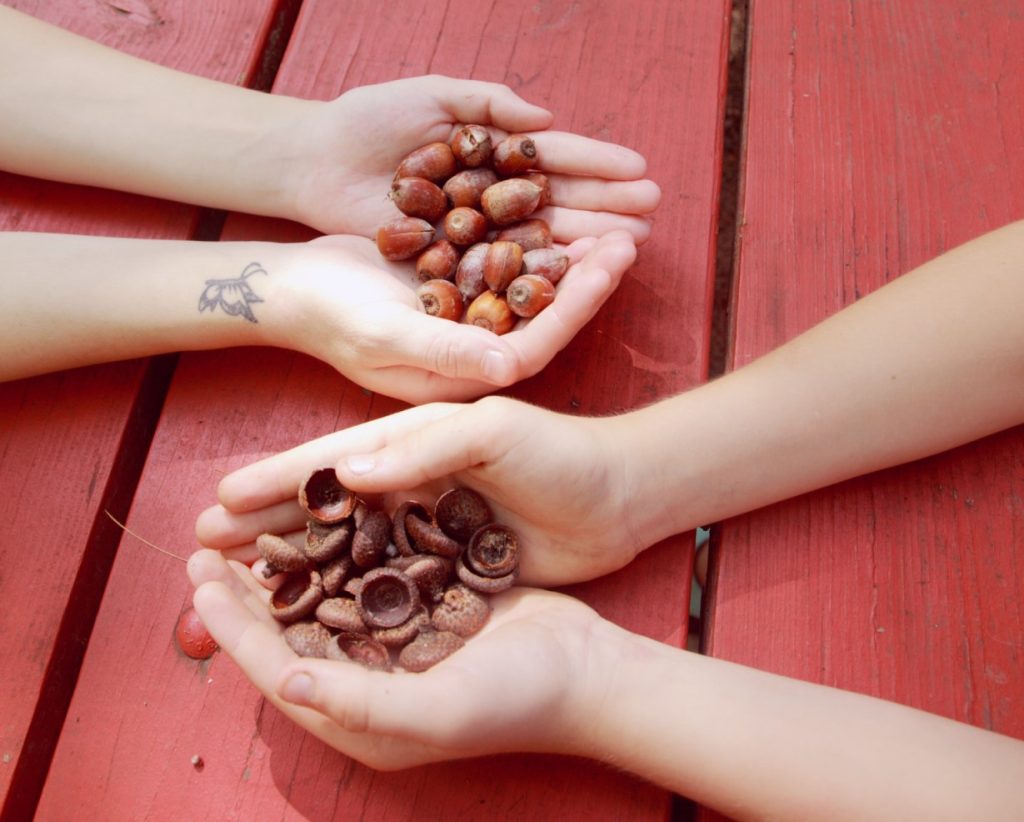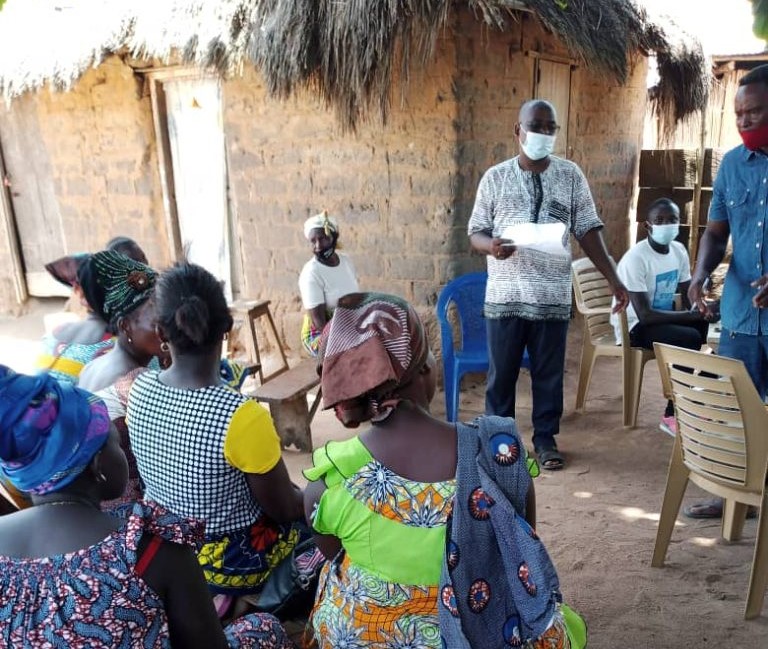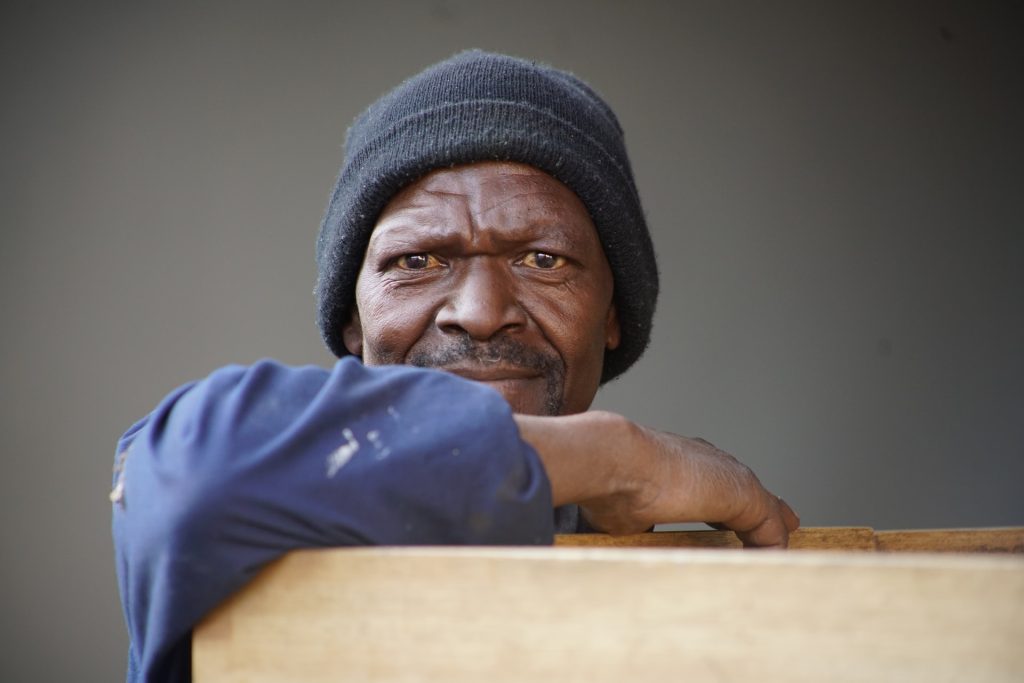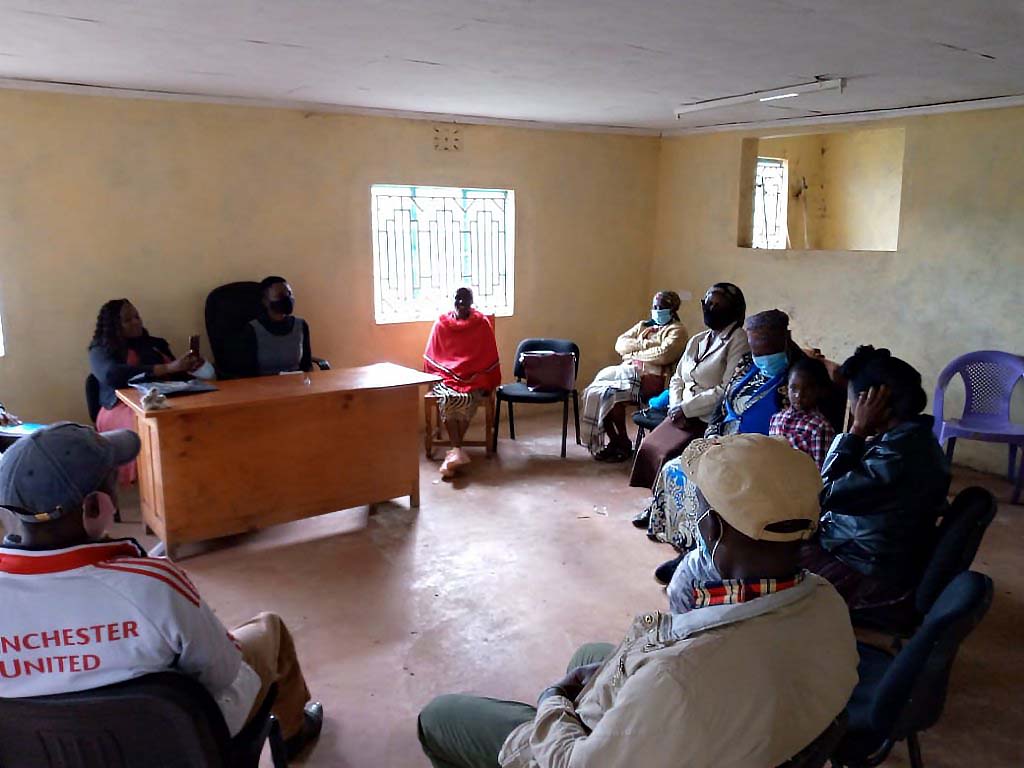How is Easter celebrated in Africa?
We have gathered stories from our African coaches and team leaders, telling us how Easter is celebrated in Africa.
If you are curious to learn how Easter is celebrated in Africa, keep reading the testimonials told by our African coaches and team leaders. We asked them to explain how people spend Easter holidays in Togo, Kenya, Nigeria, Uganda, and Liberia. Here are their stories.
Easter in Togo
In Togo, Easter is a holiday spent with family. Many people who live in towns travel to villages to celebrate Easter Week with family and relatives who still live there.
Easter in Togo is marked by a lot of public singing and dancing. In towns, people walk around the streets in groups early on Easter Morning.
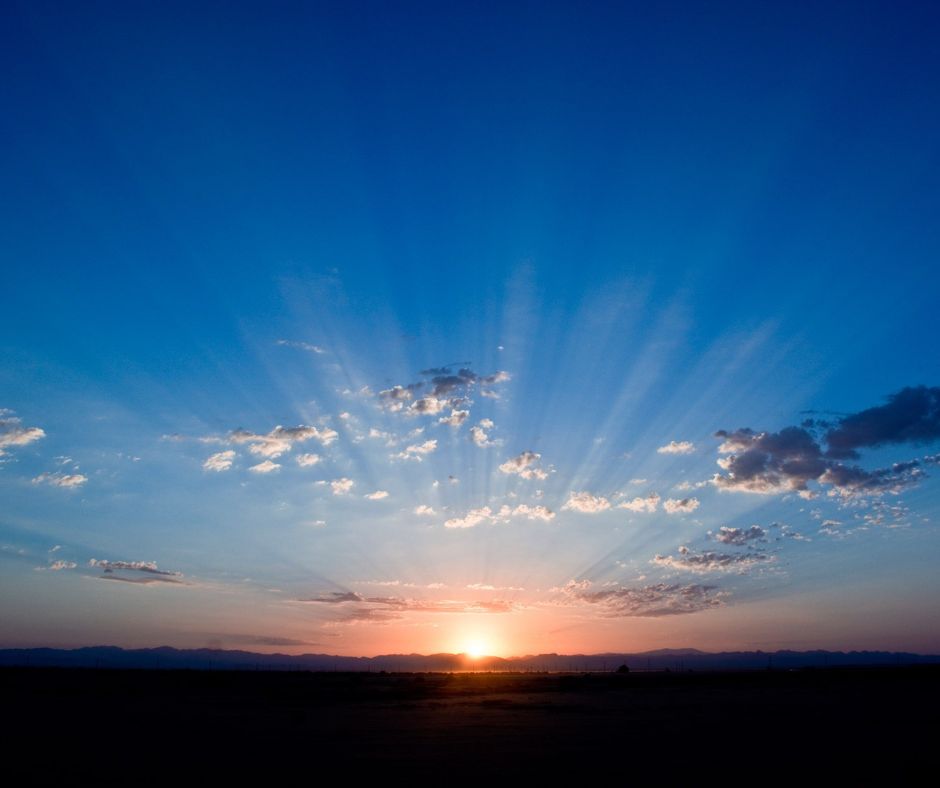
Sunrise services are attended on Sunday
Catholics attend Easter vigils on Saturday night, and Protestants and Evangelicals sunrise services on Sunday. Everyone goes to church dressed in their best Sunday clothes.
People are focused on spending quality time with family, relatives, and friends, and enjoying Easter dishes, but only after the service.
Easter in Kenya
In Kenya, Easter celebrations begin on Palm Sunday. On this day, Kenyan children bring palm leaves to church and sing hymns to commemorate Jesus’ triumphal entry into Jerusalem.
On Good Friday, many Kenyans participate in processions, re-enacting the Stations of the Cross. The processions end up at church, where a special service is held.

Kenyan children bring palm leaves to church
Many attend midnight candlelight services on Saturday evening, marked with praying, singing Resurrection hymns, and ringing bells. They stay until the Easter Morning dawn. People also gather around large bonfires outside the church.
When Easter Sunday arrives, the words “Heri kwa sikukuu ya Pasaka!” which is “Blessed be the Passover Feast!” in Swahili, are heard all around.
An Easter service sometimes lasts for three hours. The congregation listens to a sermon on Jesus´s Resurrection and sings.
In the afternoon, it´s time for a special Eastern meal. Often it is Kenyan-style chicken or beef stew, “nyama choma” (roasted meats), and “ugali”, maize flour porridge specific to Kenya.
In some families, after breaking and sharing a piece of bread, the father will wash his wife’s feet to remember the Last Supper, where Jesus did so to His disciples, to show humility.
Easter in Nigeria
In Nigeria, the Easter celebration has festival vibes. Not only churches but also parks and streets are packed with people.
Igbo people from Southern Nigeria have a distinct masquerade dance called Mmo, where young men dance in colorful costumes and masks to commemorate their ancestral spirits.
Many churches and houses are decorated with palm branches. It is a reference to Palm Sunday, an event when Jesus entered Jerusalem to bring peace.
Easter in Uganda
In Uganda, the Easter holidays last for four days – from Good Friday to Easter Monday.
As Easter approaches, some Christians start with the Lenten fast, meaning that they avoid eating red meats on Fridays. Local radio stations play Easter hymns, and stores sell Easter greeting cards.
On Palm Sunday, the beginning of the Holy Week, people living in cities buy palm branches and take them to church, where a special service is held. In villages, children pick palm branches and bring them home for the whole family.
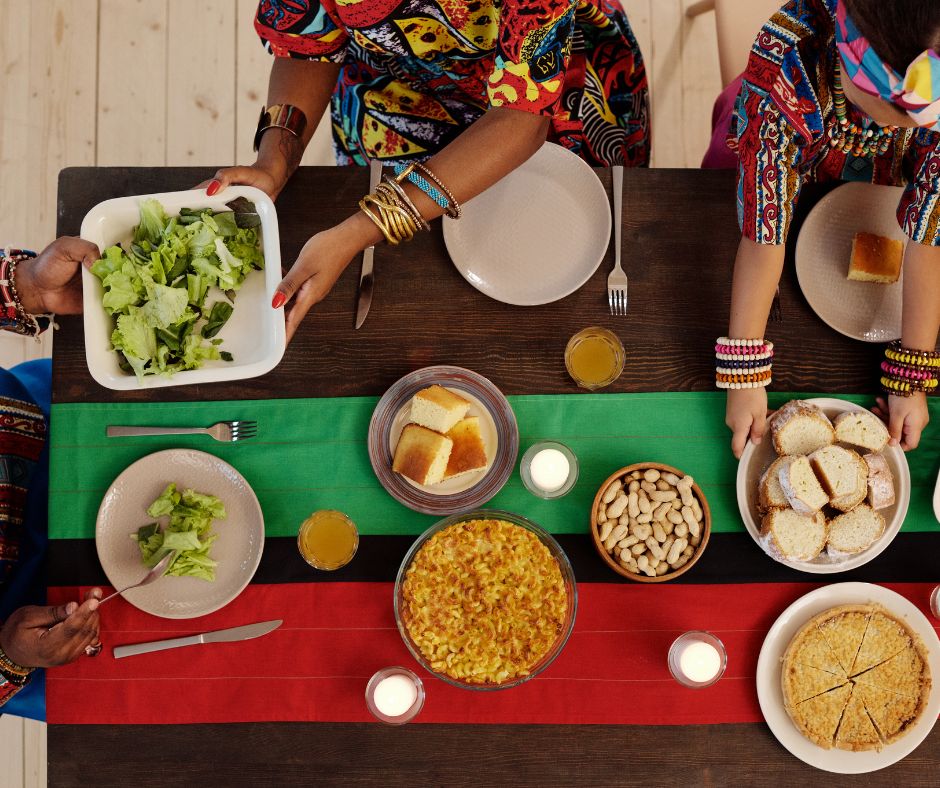
Enjoying local delicacies is a part of traditional celebrations
Services are held on Good Friday, an Easter vigil at night of Holy Saturday, and a solemn mass on Easter Sunday to celebrate the Resurrection.
Easter plays, and Easter concerts take place both in and outside of churches.
As in most Sub-Sahara African countries, in Uganda, it is common that people living in cities visit family and relatives in villages for the Easter holidays.
However, it doesn´t mean that cities will be left empty. On the contrary, those who stay hold big, colorful Easter parties.
Wearing new clothes, exchanging gifts, and enjoying local delicacies are all part of traditional celebrations.
Easter in Liberia
In Liberia, Christianity is a major religion, and Easter is its main holiday, celebrated according to the Gregorian calendar.
Church services and family gatherings are the main events. However, Easter happenings are not restricted to the community. All are welcome to take part in the fun.
Learn more about our programmes
Read more about our collaborations with social entrepreneurs in these African countries.




